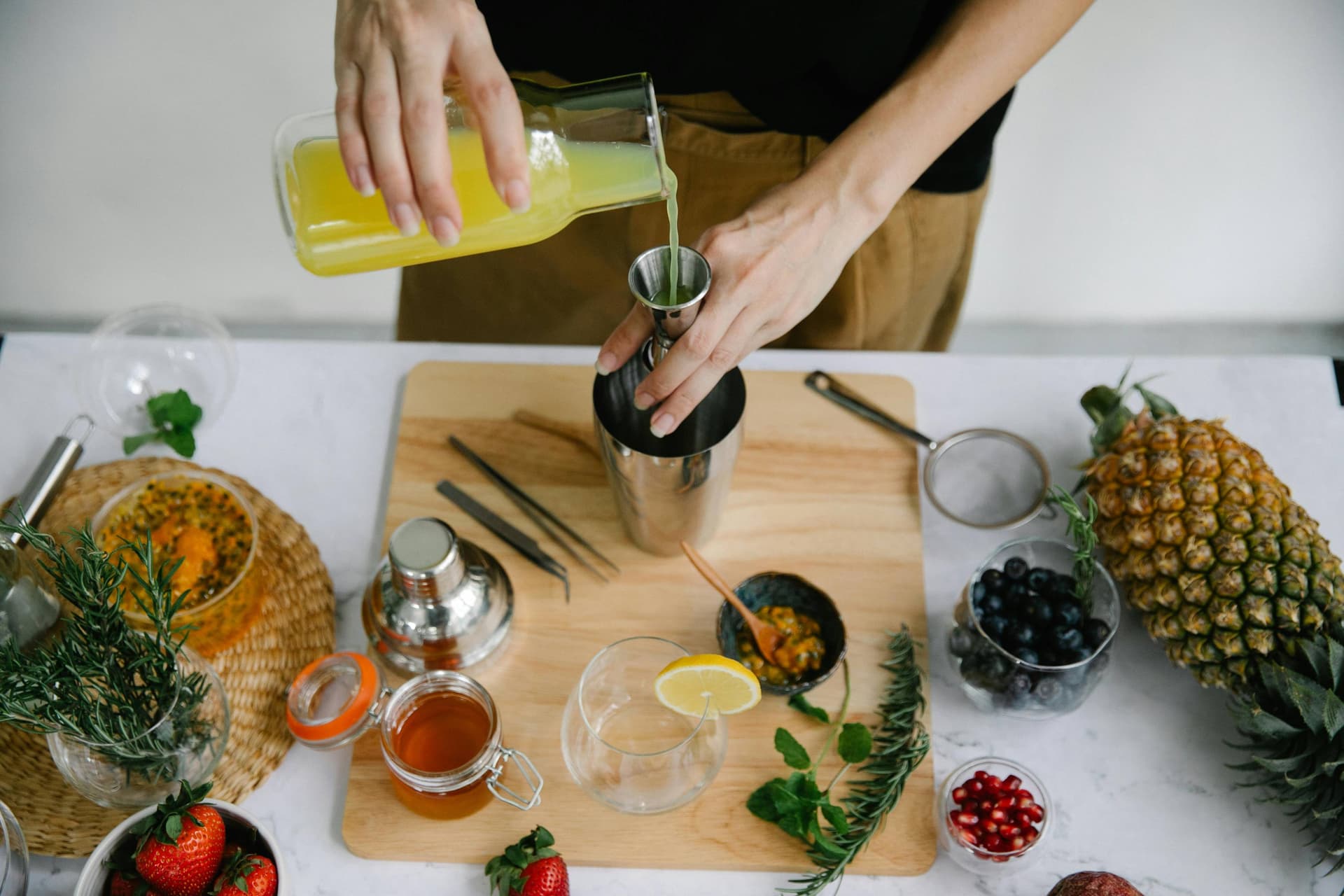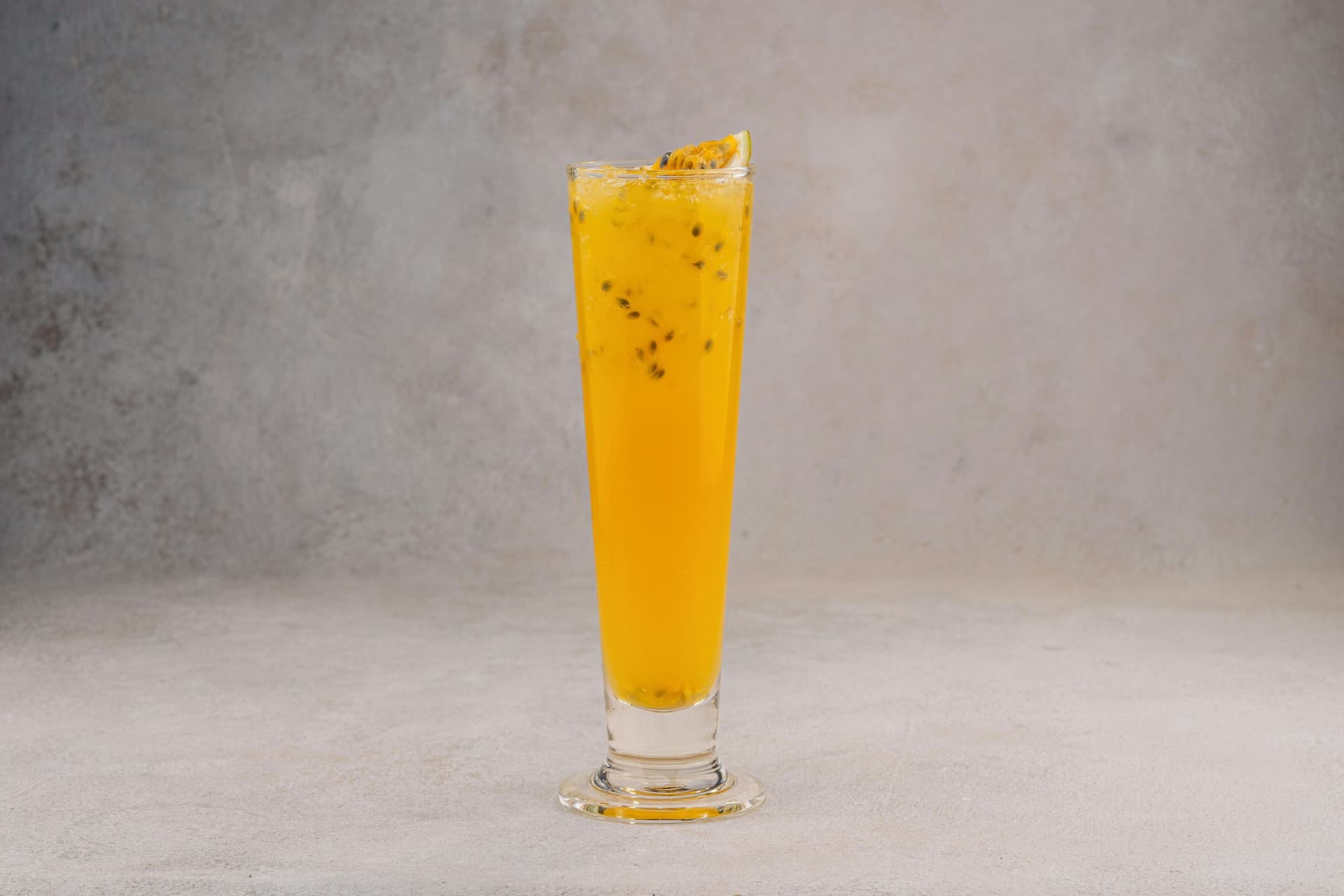How To Choose Eco-Friendly Honey For Your Drinks
Eco-friendly honey is produced using sustainable beekeeping methods that preserve natural ecosystems and bee populations. Depending on the plants the bees pollinate, it has a floral, woody, or earthy aroma along with a clean sweetness. It is well-suited for adding to drinks because of its smooth texture, which is a little thicker than ordinary honey.
Converting eco-friendly honey to syrup with simmering water is a well-suited way to include it in cocktails. It provides flavour to stirred cocktails without masking other components, and it dissolves readily in shaken drinks, producing a balanced sweetness. Darker honey goes well with old spirits or spicy spices, while lighter honey is good in citrus-based beverages.
Adding natural tastes to cocktails and supporting sustainable agriculture are two benefits of using eco-friendly honey. It can be infused with herbs and spices, added to syrups, or drizzled as a garnish. Because of its adaptability, it can be used as an ingredient in both traditional and contemporary beverages.
5 Tips To Choose Eco-Friendly Honey For Your Drinks

1. Select Unprocessed And Raw Honey
Since raw honey is unprocessed and unfiltered, it retains all of its flavours and nutrients. Raw honey retains its texture and flavour without the use of artificial sweeteners or additives, in contrast to commercial honey, which is frequently cooked and polished. The distinct flavour and texture of raw honey are attributed to the presence of enzymes and natural pollen. These components guarantee that the honey keeps its original properties, adding a more organic sweetness to cocktails. It's crucial to read the label while choosing raw honey. "Unpasteurised" is terms that denote minimum processing. Another indication of authenticity is a viscous, almost hazy look.
2. Look For Eco-Friendly Sources
Ethical beekeeping methods that preserve bee populations and promote biodiversity provide sustainable honey. Sustainable beekeepers make sure that bees have enough resources to thrive by not overharvesting honey. This method stops bee colonies from being exploited and preserves the ecosystem's natural equilibrium.
In addition, sustainable honey production steers clear of dangerous chemicals and pesticides that could endanger bees and the environment. Recipients can lessen the negative effects of industrial agriculture on pollinators by purchasing honey from beekeepers who value organic farming and natural foraging. Labels like "sustainably sourced" or certifications from reputable organisations can be used to identify honey that has been harvested ethically. To be sure the honey was gathered ethically, look into the brand's beekeeping methods or purchase directly from small-scale beekeepers.

3. Seek Organic Certification
Because organic honey is made without artificial chemicals, pesticides, or antibiotics, it is a safer and cleaner choice. Beekeepers who adhere to stringent regulations to guarantee that their hives are situated in areas free from chemical exposure produce certified organic honey. This ensures that the honey doesn't leave any toxic residues behind, making it a well-suited option for drinks and cocktails. Organic honey is sourced from regions with a variety of plant life, which results in richer and more natural flavours than conventional honey, which may be subjected to pollutants from industrial farming.
4. Choose Local Honey
Purchasing honey from regional growers guarantees that it is fresher and unprocessed. By encouraging beekeepers to continue using moral methods that save pollinators, it also contributes to the preservation of local biodiversity. Local honey offers unique flavours that change with the seasons and frequently reflect the local flora. Because of this, drinks can have different levels of sweetness and complexity depending on where they are made. Local honey typically tastes purer and more genuine because it isn't excessively processed or mixed with other batches.

5. Take Into Account Eco-Friendly Packaging
By employing recyclable or biodegradable materials and minimising plastic waste, sustainable honey packaging reduces its negative effects on the environment. Because they are more environmentally friendly and help maintain the natural properties of honey, glass jars, metal tins, and compostable containers are better than plastic ones. To lessen their carbon footprint, several environmentally concerned firms are switching to sustainable packaging.
Honey enhances cocktails by adding sweetness. It blends well when shaken, stirred, or mixed into a syrup. An old-fashioned honey combines 15 ml of whisky, 10 ml of honey syrup, and bitters. One can also try honey citrus collins made by blending 15 ml gin, 20 ml honey syrup, 30 ml lemon juice, and soda water.
Also Read: Honey-Infused Simple Syrups: A Summer Cocktail Essential
Drink Responsibly. This communication is for audiences above the age of 25.




